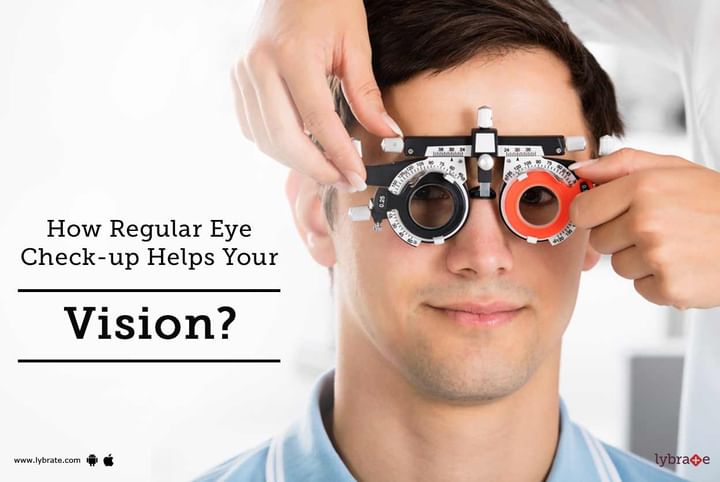How Regular Eye Check-up Helps Your Vision?
We often tend to overlook the importance of regular eye checkups. You might think that as long as you can see properly, there is no need to go for an eye exam. However, visiting the doctor only when you feel discomfort in your eyes is not a very good way to go.
This is because eye diseases that can damage your vision, such as glaucoma and cataract show no early symptoms. Therefore, by the time you visit the doctor, the ailment may have reached an advanced stage.
How often should you go for an eye exam?
Many factors determine the frequency of your eye checkups, including your age and health. The common guidelines are as follows –
-
Children under 3 years of age
The first eye examination may be conducted when the child is only a year old. If he or she faces problems, the doctor will mostly look for common problems, such as misaligned eyes or lazy eyes. Between the years 3 and 5, the child may undergo a more advanced examination.
If the child has no family history of vision problems, get their eyes checked once every year or two. Preferably, schedule the eye check-up before he or she enters school.
-
Adults
If your eyes are healthy and you face no problems, you can get them checked according to this schedule –
-
Between the ages of 20 and 30, go for an exam every 5 to 10 years
-
Between the ages of 40 and 54, go for an exam every 2 to 4 years
-
Between the ages of 55 and 64, schedule the exam every 1 to 3 years
-
For ages above 65, get your eyes checked every 1 to 2 years
How is it helpful to your vision?
-
Regular eye exams will help you keep all the eye problems at bay
-
Common eye defects like Myopia or nearsightedness are common in many people, especially children. If the defect is not identified early, it can lead to deterioration of the eyesight. The patient may suffer other conditions like cataracts or retinal detachment due to this.
-
Another eye disease that can be prevented is Glaucoma. As it has no early symptoms, it might affect you without your notice. Later on, this can lead to permanent vision loss. Early examinations can prevent abnormal eye pressure build-up that leads to Glaucoma.
-
Diabetic retinopathy can be detected if the blood vessels in your eyes are leaking blood or discharging yellow fluids into the retina
Having a family history of eye diseases or vision loss can put you at a greater risk of developing serious eye problems later on. Along with this, wear glasses or contact lenses regularly. If anything, it is best to visit the eye specialist regularly.



+1.svg)
